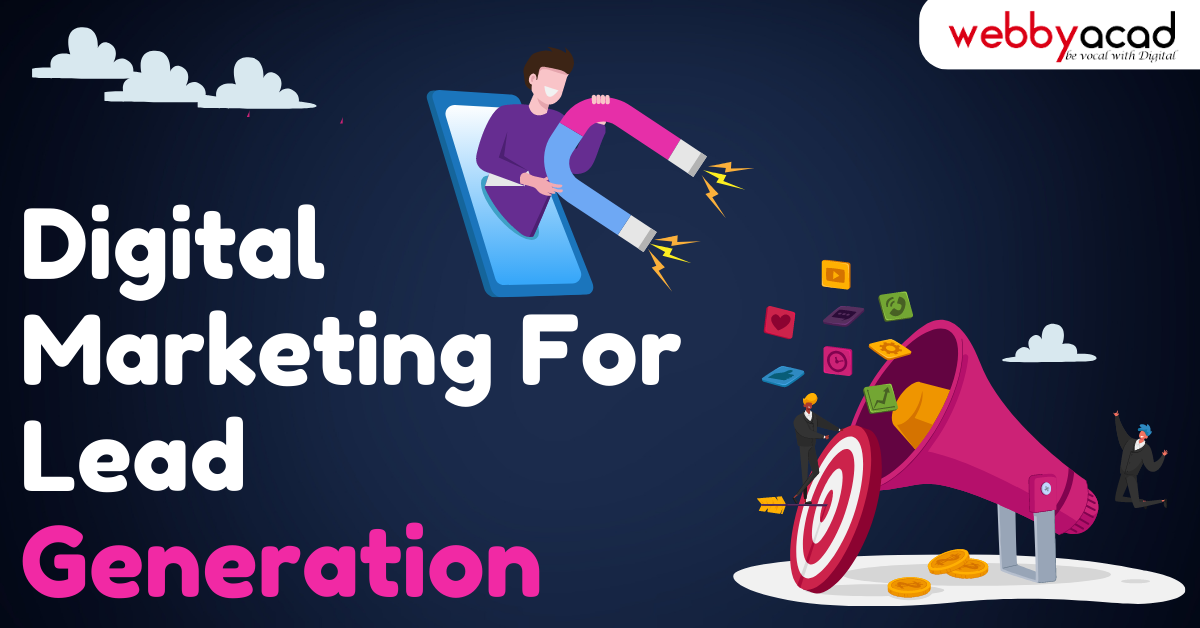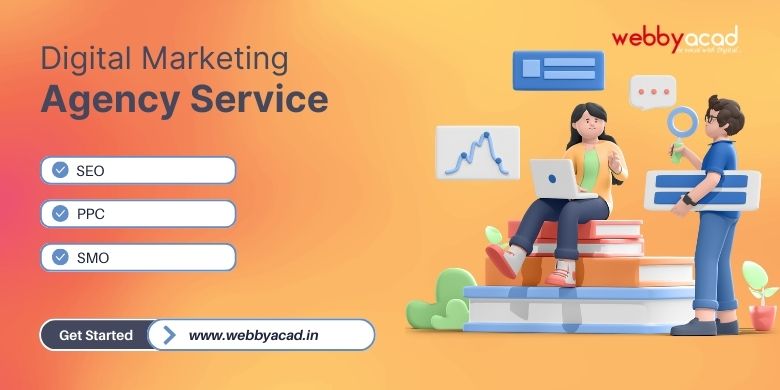In the fast-paced digital era, businesses face ever-increasing challenges to stand out from the competition and attract potential customers. Traditional marketing methods are no longer as effective as they once were. Businesses must adapt to the evolving landscape of digital marketing to succeed in today’s market. Digital marketing service for lead generation has emerged as a powerful and cost-effective strategy to attract potential customers and grow businesses. In this article, we will explore the concept of digital marketing for lead generation. Its key components, and how businesses can leverage this approach to achieve substantial growth.
Understanding Digital Marketing for Lead Generation
Digital marketing for lead generation involves using various online channels and strategies to attract, engage, and convert potential customers into leads. The ultimate goal is to nurture these leads through the sales funnel and ultimately convert them into paying customers. Unlike traditional marketing, which casts a wide net in hopes of reaching the target audience. Digital marketing allows businesses to target specific demographics and individuals based on their online behavior, interests, and preferences.
Key Components of Digital Marketing for Lead Generation
Search Engine Optimization (SEO)
SEO is the foundation of any successful digital marketing strategy. It involves optimizing a business’s website and content to rank higher on search engine results pages. By improving the visibility of a website, businesses can attract organic traffic and potential leads. SEO includes keyword research, on-page optimization, backlink building, and more to ensure a website’s authority and relevance in search engine algorithms.
Content Marketing
Content marketing plays a pivotal role in lead generation. By creating valuable and relevant content, businesses can attract and engage potential customers. Blog posts, articles, videos, infographics, and eBooks are all examples of content that can be used to provide valuable information to prospects and position the business as an authority in the industry.
Social Media Marketing
Social media platforms are valuable channels for lead generation. By building a strong social media presence, businesses can reach a broader audience and interact directly with potential customers. Social media marketing involves creating engaging content, running targeted advertisements, and fostering a community of loyal followers.
Email Marketing
Email marketing is one of the most effective tools for nurturing leads. By capturing email addresses through opt-in forms or lead magnets, businesses can deliver personalized content, offers, and promotions directly to their prospects’ inbox. Automated email sequences can guide leads through the customer journey and encourage them to take desired actions.
Pay-Per-Click (PPC) Advertising
PPC advertising allows businesses to display ads on search engines and social media platforms, paying only when users click on the ads. This targeted approach ensures that businesses reach the right audience and drive qualified leads to their websites.
Strategies for Effective Lead Generation
Define Your Target Audience
Before implementing any digital marketing strategy, businesses must clearly define their target audience. Understanding the demographics, interests, pain points, and behavior of potential customers will help tailor marketing efforts to resonate with them effectively.
Optimize Your Website for Conversion
A well-designed and user-friendly website is crucial for lead generation. Implement clear calls-to-action (CTAs), intuitive navigation, and compelling landing pages to encourage visitors to take action and become leads.
Offer Valuable Content
Create high-quality, informative, and valuable content that addresses your audience’s needs and interests. Offer eBooks, whitepapers, webinars, and other lead magnets to incentivize prospects to share their contact information and become leads.
Utilize Lead Capture Forms
Strategically place lead capture forms on your website and landing pages to collect contact information from potential customers. Keep the forms simple and ensure that the value of sharing their information is clear to the prospects.
Nurture Leads with Email Marketing
Develop automated email sequences to nurture leads over time. Personalize the content and offers based on the prospect’s behavior and interests to keep them engaged and interested in your business.
Leverage Social Media
Use social media platforms to engage with your audience, share valuable content, and run targeted ad campaigns. Social media is an excellent platform for building brand awareness and connecting with potential customers.
Conclusion
Digital marketing for lead generation has become an indispensable strategy for businesses aiming to grow and thrive in the digital landscape. By incorporating various digital marketing components, businesses can attract and nurture leads, converting them into loyal customers. Understanding the importance of defining a target audience, optimizing a website for conversion, providing valuable content, and leveraging various digital channels will empower businesses to generate leads and achieve substantial growth in the competitive market. As technology continues to evolve, businesses must adapt their digital marketing strategies to stay relevant and successful in their lead generation efforts.




